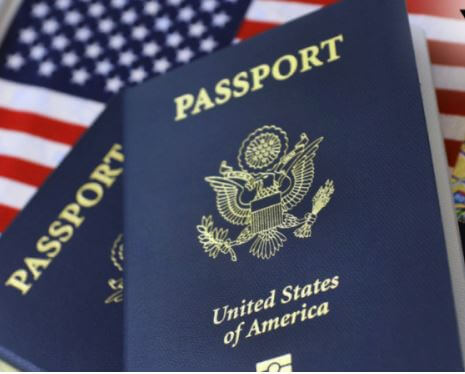The Rainy Months In Ghana
The climate is the average record of the weather conditions over some time. Ghana is a tropical country with the eastern coast dry and warm.
When you get to the southwestern part, it’s humid and hot. When you get to the north it is also hot and dry.
Ghana can be found on the north of the equator on the Gulf of Guinea. This is why Ghana is usually warm.
Though Ghana generally has warm weather, there are two distinct seasons experienced in the country, the rainy season and the dry season.
If you are planning to visit Ghana it is very important to know when the rainy season starts and ends to plan accordingly.
Today in this article, we will discuss the rainy months in Ghana.
The Climate Of Ghana
If you are traveling to Ghana, it is very important to know and understand that Ghana is a tropical country with two main seasons which are the dry season and the rainy season.
From November to March the country experiences the dry season with the rise of temperature up to 40 degrees Celsius.
The rainy season also starts from April until October with a temperature of 24 to 28 degree Celsius.
The Rainy Months In Ghana
The rainy season is the season when there is a high record of rainfall. The rainy season in Ghana varies regionally but usually, the rain begins in April and ends in October.
The highest record or the peak of the rainy season is between June and August.
During this period, the country experiences the highest rainfall which of course sometimes is very stormy.
This sometimes causes flooding in some areas with poor drainage systems. However, the rain finally drops gradually as the sun comes out getting to the latter part of October when November is approaching.
Sometimes in the early days of November, there is still rain falling in Ghana.
What Are The Rainy Months In Ghana?
The rainy season in Ghana starts in April and ends in October but the rainy months in Ghana are June, July, and August. Ghana records high rainfall in these months.
Which Is The Rainiest Month In Ghana And Which Town In Ghana Records The Highest Rainfall?
The rainiest month in Ghana is the month of June and Axim is the town that records the highest rainfall in Ghana.
What You Should Expect During The Rainy Season
If you are contemplating what to do in order not to be affected by the rain during the rainy season in Ghana then continue reading.
If you are planning to travel to Ghana during the rainy season, then keep in mind that the weather will be very cold and wet.
The rain can be very heavy and stormy sometimes so make sure to bring a raincoat or umbrella.
Make sure when on your visit you pay very close attention to the weather forecast. Before you step out check if the clouds are heavy.
Ghana is still a perfect place to visit all year round. The beautiful landscapes, stunning beaches, culture and traditions, and cooler temperatures in some areas make Ghana a must-visit destination.
You can visit many places to see the waterfalls and other lakes in the country and you will love them.
What To Do When You Visit In The Rainy Months
Follow these practices and you will be able to have full enjoyment on your visit to Ghana in the rainy months.
- Pack appropriately for the rain. Get an umbrella or raincoat with you anytime you are getting out and suspect rainfall.
- Pay attention to the weather forecast on the radio, or TV, or search online for the day’s forecast.
- Before you step out from your accommodation check the clouds to see if there is a probability of rainfall.
Try to follow these few routines as much as possible and you will still enjoy Ghana in the rainy months.
Conclusion
The rainy season in Ghana generally starts in April and ends in October. The rainiest months are June, July, and August.
When you are planning a visit to Ghana during these periods make sure to note these months. You need to pack appropriately so as not to be obstructed by the rain.
Bear in mind that the weather will be wet and cold during the rainy months so it is best to pack well for it. We covered the rainy months in Ghana, how to prepare for it, and more.
You can also check out our Ghana-related articles:









